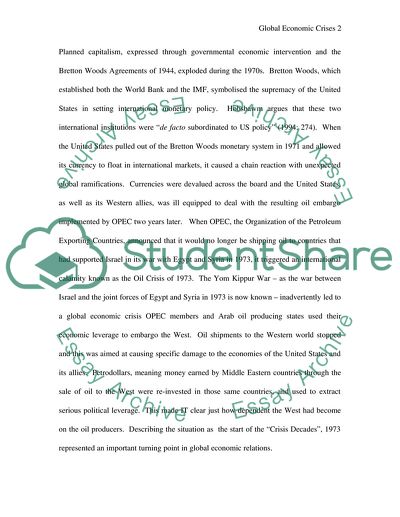Cite this document
(“Global Economy Essay Example | Topics and Well Written Essays - 2500 words”, n.d.)
Retrieved from https://studentshare.org/miscellaneous/1566348-global-economy
Retrieved from https://studentshare.org/miscellaneous/1566348-global-economy
(Global Economy Essay Example | Topics and Well Written Essays - 2500 Words)
https://studentshare.org/miscellaneous/1566348-global-economy.
https://studentshare.org/miscellaneous/1566348-global-economy.
“Global Economy Essay Example | Topics and Well Written Essays - 2500 Words”, n.d. https://studentshare.org/miscellaneous/1566348-global-economy.


